Mastering the Art of Camping Preparedness
The call of the wilderness is undeniable. There’s nothing quite like trading city lights for starlight, and the sound of traffic for the crackle of a campfire. However, a memorable camping experience hinges entirely on proper preparation. Rushing out the door with a sense of adventure is great, but heading into the woods without the right gear is a recipe for disaster—or at the very least, a miserable night.
Whether you’re a seasoned backpacker or planning your very first family trip, having a reliable camping supplies list is non-negotiable. This list goes beyond just a tent and some food; it focuses on safety, comfort, and utility. We’ve compiled the definitive guide to the top 10 camping essentials that will transform your outdoor stay from a challenge into an absolute pleasure. Investing in the right gear is the first step toward becoming a truly successful camper.
The Ultimate Top 10 Camping Supplies List
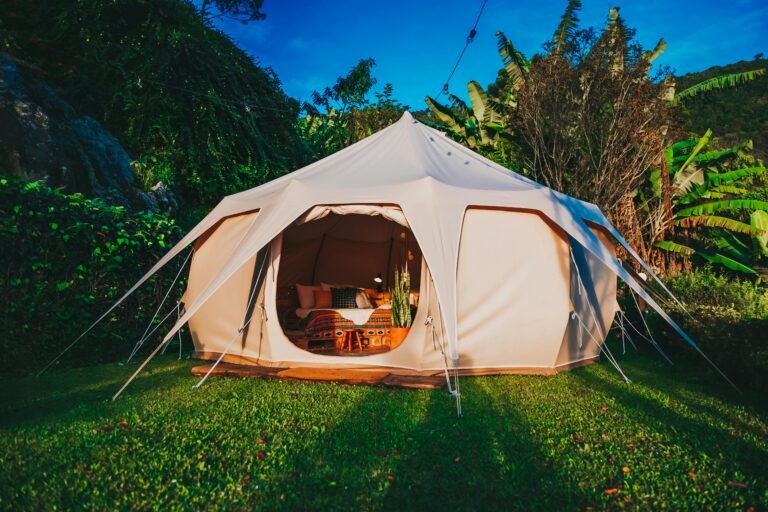
1. Shelter: The Tent
A tent is the foundation of your camping setup, providing a necessary refuge from the elements. Don’t just grab the cheapest option; look for a tent rated for the conditions you anticipate, focusing on ease of setup. A good rule of thumb for comfort is to choose a tent rated for one person more than the number of occupants (e.g., a three-person tent for two campers). Quality materials ensure protection against unexpected rain or wind, crucial for a relaxing multi-day camping trip.
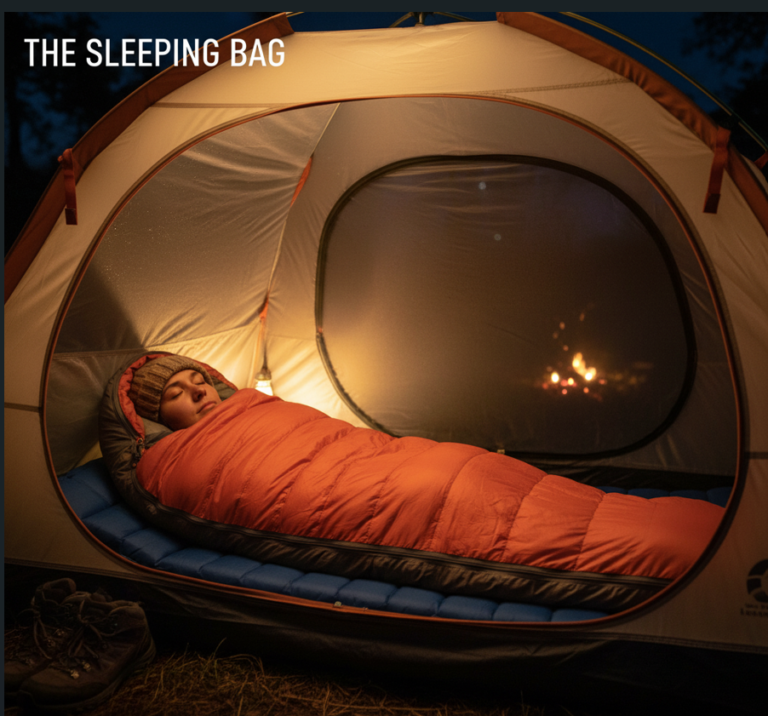
2. Sleep System: The Sleeping Bag
After a long day of hiking and exploring, a comfortable night’s sleep is paramount. This is where your sleeping bag comes in. The single most important factor when selecting a sleeping bag is its temperature rating. Always choose one rated slightly lower than the coldest temperature you expect to encounter. For example, if you are camping in late fall, a zero-degree bag may be more appropriate than a 30-degree bag. Pair your sleeping bag with an insulated sleeping pad (not just a mat) to prevent body heat from escaping into the cold ground. A high-quality sleep system is arguably the most critical piece of gear for enjoying the solitude of wilderness camping.
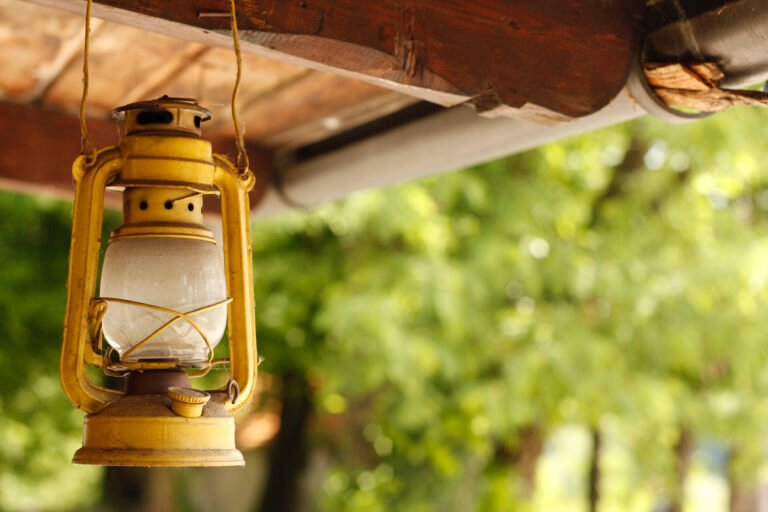
3. Illumination: Headlamps and Lanterns
Darkness descends quickly in the backcountry. A hands-free light source is essential. While lanterns are great for lighting up the campsite or the inside of the tent, a durable headlamp is a superior choice for any active task, like cooking dinner, setting up late, or making a quick trip to the latrine. Ensure you pack spare batteries or a rechargeable power bank. Having reliable light sources is a key safety measure and a top-tier camping essential that is often underestimated until you need it most.
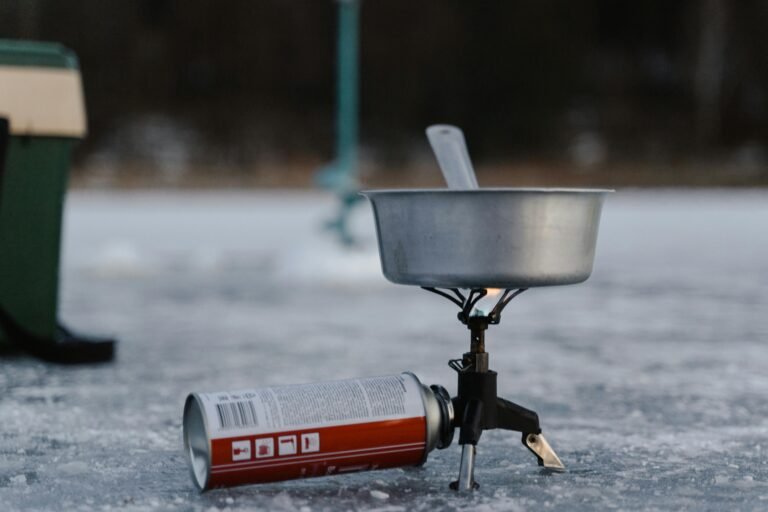
4. Fire and Cooking: Portable Stove & Fuel
While campfires are lovely, they are not always permitted or practical, especially during a burn ban or in wet conditions. A compact, portable camping stove is a game-changer for quick, reliable meals and hot drinks. It allows you to boil water for purification or a quick cup of coffee in minutes. This reliable cooking setup should be prioritized on your camping supplies list over the romantic, but often fickle, option of an open fire. Remember to pack proper cooking utensils and a lightweight pot.

5. Hydration: Water Filters, Tablets, and Bottles
Water is the number one element for survival. Never assume a natural source is safe to drink. While carrying plenty of water in durable bottles is a start, a reliable water filtration system (like a pump filter or straw filter) or chemical purification tablets are mandatory camping essentials for remote trips. Having these backups ensures you can replenish your supply safely, mitigating the risk of waterborne illness and keeping you energized throughout your camping adventure.

6. Navigation: Map, Compass, and GPS
Even in an age dominated by smartphones and GPS, knowing how to navigate without relying on battery life is a core skill for any serious camper. Always carry a physical, waterproof map of the area and a reliable compass. Learn how to use them before you leave home. For extra security, a handheld GPS device or a downloaded map on your phone that works offline provides an extra layer of confidence, especially when undertaking off-trail exploration or multi-day hikes in unfamiliar terrain.
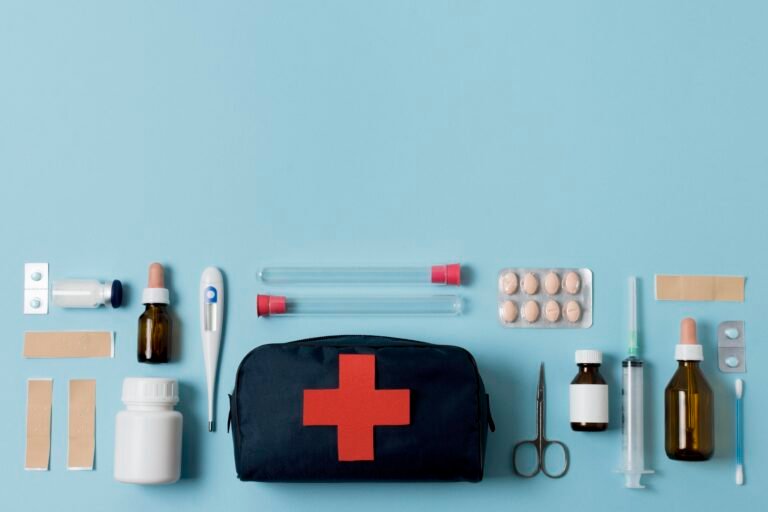
7. First-Aid Kit
This is a camping essential that you hope never to use, but must always have. Your kit should be comprehensive, including basic items like antiseptic wipes, various band-aids, gauze, and medical tape. It should also contain items specific to the environment, such as blister treatment, insect bite cream, and any personal medications. A ready-made outdoor camping kit is a good start, but customize it based on the remoteness of your location and the duration of your trip.
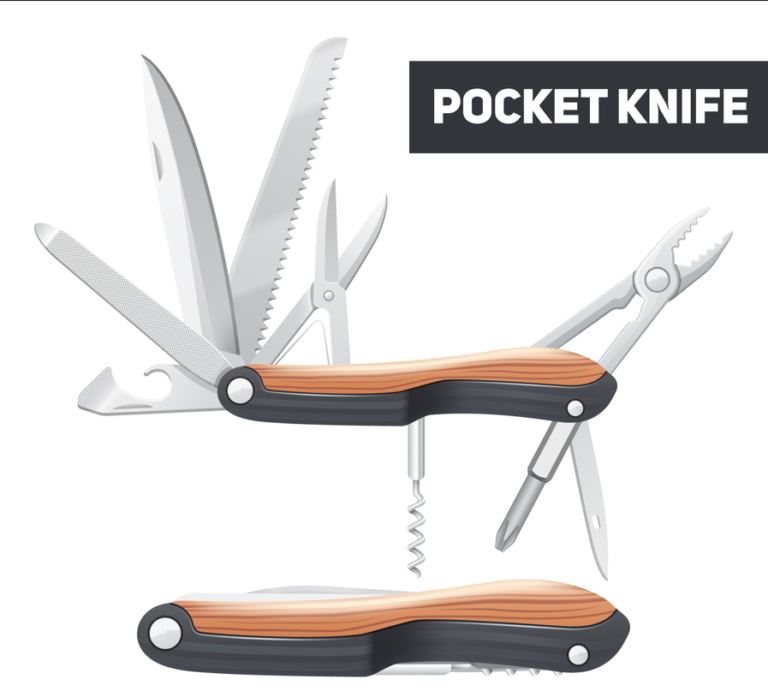
8. Multi-Tool or Knife
A durable, high-quality multi-tool or fixed-blade knife is the utility player of your camping gear. It serves countless purposes, from cutting rope and preparing firewood to making gear repairs and assisting with meal prep. This single item can solve numerous small problems and is a necessary piece of equipment for any seasoned camping enthusiast. Prioritize functionality and a secure locking mechanism.
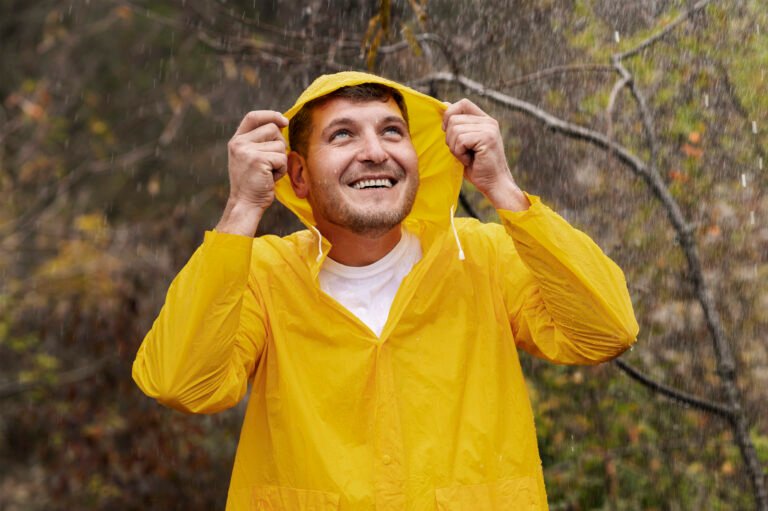
9. Appropriate Clothing & Rain Gear
The golden rule of outdoor comfort is layering. Never pack just one heavy coat; instead, pack base layers (to wick sweat), insulating mid-layers (fleece or down), and a waterproof, windproof outer shell. Even if the forecast is sunny, proper rain gear is a critical camping essential because weather can change rapidly, particularly in mountainous regions. Being able to adapt to changing temperatures ensures you stay warm, dry, and happy.

10. Waste Management: Trash Bags and Storage
Responsible camping means adhering to the “Leave No Trace” principles. This includes properly storing food to deter wildlife and packing out all garbage. Bring heavy-duty plastic bags for all your waste—from food scraps to packaging. For extended camping trips, consider bear-proof canisters or proper bear-bagging techniques to protect your food supply and local wildlife. Cleanliness is a key sign of an experienced camper.
Why Quality Matters in Your Camping Essentials
When compiling your comprehensive camping supplies list, resist the urge to skimp on quality for the most critical items. A reliable tent, a warm sleeping bag, and a functional stove are not luxuries; they are fundamental safety devices. The slight extra investment ensures durability against harsh weather, less risk of gear failure, and a significantly more comfortable and enjoyable camping experience overall. Don’t let a snapped tent pole or a frozen night ruin your connection with nature.
We encourage you to review and customize this ultimate checklist. Print it out, check it twice, and get ready to create lasting memories. Having these camping essentials prepared ensures that the only thing you have to worry about is making sure your marshmallow is perfectly toasted. Happy camping!
Frequently Asked Questions (FAQs)
1. How far in advance should I start packing and preparing for a camping trip?
Ideally, you should start organizing your gear and checking your comprehensive camping supplies list a week before your trip, especially if you need to buy or replace any of the camping essentials like fuel or batteries. The day before, check the weather forecast one last time, pack your food, and lay out the final gear. This proactive approach ensures you don’t forget crucial items, making for a much smoother and more enjoyable camping experience.
2. What is the single most important safety item on the camping supplies list?
While a tent and a sleeping bag are vital for comfort, the most important safety item is a properly stocked First-Aid Kit. Accidents can happen anywhere, and having the necessary supplies for cuts, burns, or sprains ensures you can handle minor emergencies. Following this closely are reliable navigation tools (map/compass) and a water purification method, as both are crucial for survival if you become lost or run out of potable water while camping.
3. How do I choose the right sleeping bag for cold weather camping?
When selecting a sleeping bag for cold weather, always pay close attention to its temperature rating. Choose a bag rated for temperatures at least 10 degrees (Fahrenheit or Celsius) colder than the lowest temperature you realistically expect to encounter on your camping trip. Look for bags with synthetic or down insulation, a hood you can cinch tight, and a draft collar to prevent heat from escaping. For maximum warmth, always pair your sleeping bag with an insulated sleeping pad.
